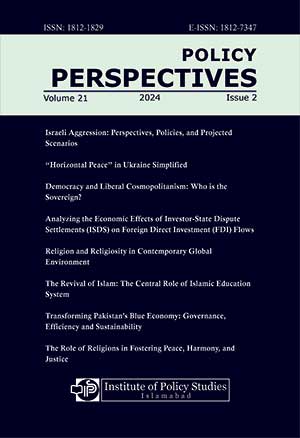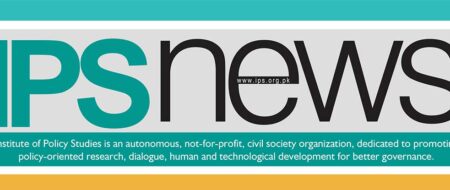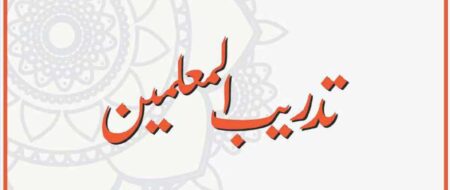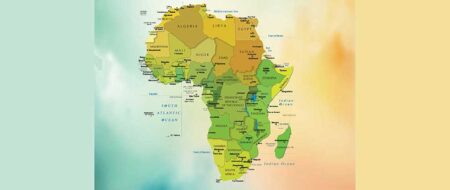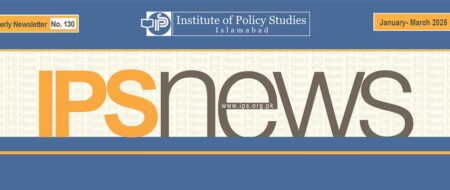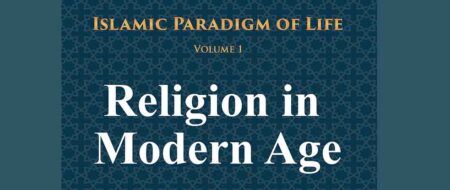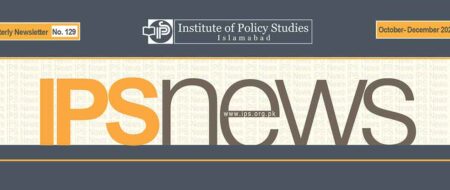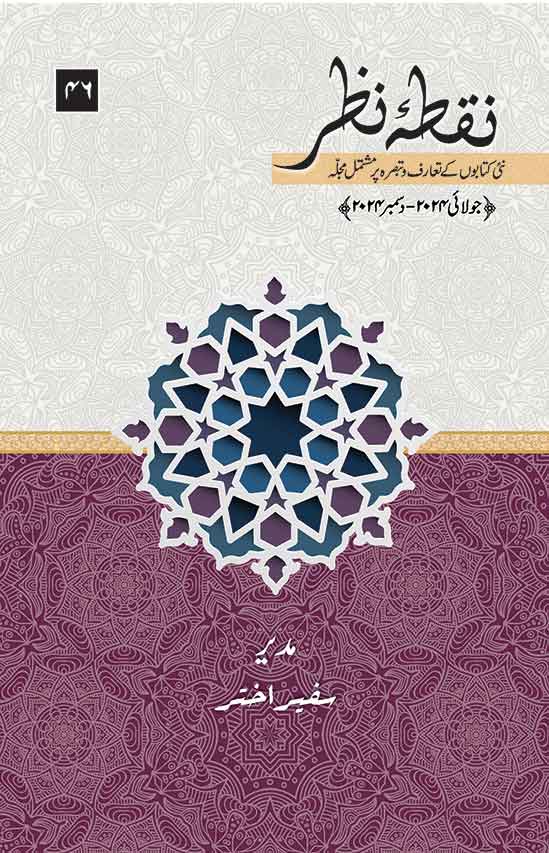Policy Perspectives (Volume 21, Issue No. 2, 2024)
|
Editor-in-Chief: Khalid Rahman Download Contents |
Policy Perspectives (Volume 21, Issue No. 2, 2024)
The latest issue of Policy Perspectives presents research, analyses, and discussion on various topics concerning national and international matters from policy experts, academics, and practitioners.
In the context of post-October 7 (2023) developments, the first paper “Israeli Aggression: Perspectives, Policies, and Projected Scenarios” examines the short-term goals, long-term objectives and underpinning motives of Israel and its allies vis-à-vis their approaches toward war in Gaza and beyond. It also assesses the role of Hamas and its supporters in the ongoing phase of Palestine’s liberation struggle.
Author: Malik Waleed, Researcher, Institute of Policy Studies (IPS), Islamabad, Pakistan.
https://doi.org/10.13169/polipers.21.2.ra1
Lars Hilse in his paper “Horizontal Peace” in Ukraine Simplified” analyzes the complex nature of the Russo-Ukrainian conflict, arguing that its resolution requires a ‘horizontal peace’ approach rather than traditional vertical boundaries. He traces the conflict’s origins to the promises made during the fall of the Berlin Wall, particularly James Baker’s assurance that North Atlantic Treaty Organization (NATO) would not expand ‘one inch eastward’ beyond East Germany.
Author: Lars Hilse, Independent Researcher, Cyber Security Expert, Bunsoh, Germany.
https://doi.org/10.13169/polipers.21.2.ra2
The next paper “Democracy and Liberal Cosmopolitanism: Who is the Sovereign?” critically evaluates the popular concept of democracy that is ‘of the people, for the people, by the people’. It explores the interplay between democracy and liberal cosmopolitanism. How democracy has practically played out inside states and how it tends to dictate a certain cosmopolitan behavior upon states within the community of states are also deliberated in the paper.
Author: Aneela Shahzad, Geopolitical Analyst; author of the book: Understanding Geopolitics (2020); and Geopolitics-from the Other Side.
https://doi.org/10.13169/polipers.21.2.ra3
Frans Lavdari and Xhulio Lavdari assess how ISDS mechanisms impact FDI flows in their paper “Effects of Investor-State Dispute Settlements (ISDS) on Foreign Direct Investment (FDI) Flows”. By applying a differences-in-differences approach combined with a gravity model, they observe that ISDS disputes immediately reduce FDI because of the uncertainty created. At the same time, favorable awards to investors produce a strong, long-term investment rebound.
Authors: Frans Lavdari, Department of Social Sciences and Economics, Sapienza University of Rome, Rome, Italy; and Xhulio Lavdari, Department of Engineering, Exeter University, United Kingdom
https://doi.org/10.13169/polipers.21.2.ra4
Dr Tamara Sonn in the paper “Religion and Religiosity in the Contemporary Global Environment” explores the role of religion in resolving conflicts and promoting peace. Ironically, it has been repeatedly exploited to fuel exclusionary religious nationalism and contribute to global conflict.
She appraises the rise of religious nationalism, its historical and modern manifestations especially in the United States (US), India, and Israel.
Author: Dr Tamara Sonn, Hamad Bin Khalifa Al-Thani Professor, History of Islam; Director of the Alwaleed Center for Muslim-Christian Understanding, Georgetown University, Washington, DC, US.
https://doi.org/10.13169/polipers.21.2.ra5
The next paper “The Revival of Islam: The Central Role of Islamic Educational System” argues that reviving Islam and Islamic values is tied with liberating the Muslim society, particularly Muslim youth from the clutches of colonization, which continue to haunt the majority of the Muslim world, even in the Postcolonial era. Decolonizing the education system and introducing holistic Islamic epistemology is the only solution if the Muslim world is to be emancipated from colonial mindset, traditions, and practices, the paper recommends.
Author: Dr Asad Zaman, Former Vice Chancellor, Pakistan Institute of Development Economics (PIDE), Islamabad, Pakistan.
https://doi.org/10.13169/polipers.21.2.ra6
Recognizing the need to overhaul the sector, in light of the 2025 National Maritime Policy (NMP) policy draft, the Prime Minister of Pakistan approved certain directives. These reforms seek to align the maritime sector with the principles of the blue economy. The paper “Transforming Pakistan’s Blue Economy: Governance, Efficiency, and Sustainability” evaluates the proposed directives and the implementation challenges of governance, operational efficiency, and sustainability concerns.
Author: Muhammad Jawad Akhtar, Former Advisor, Maritime Affairs, Ministry of Planning Development & Special Initiatives (MoPD&SI), Government of Pakistan; Senior Associate, Institute of Policy Studies, (IPS), Islamabad, Pakistan.
https://doi.org/10.13169/polipers.21.2.ra7
Finally, the issue features a report on “The Role of Religions in Fostering Peace, Harmony, and Justice,” and “Dialogue at IPS” based on the discussions on the topic held at the Institute of Policy Studies during recent months.
The full text of the articles is available at ScienceOpen.



